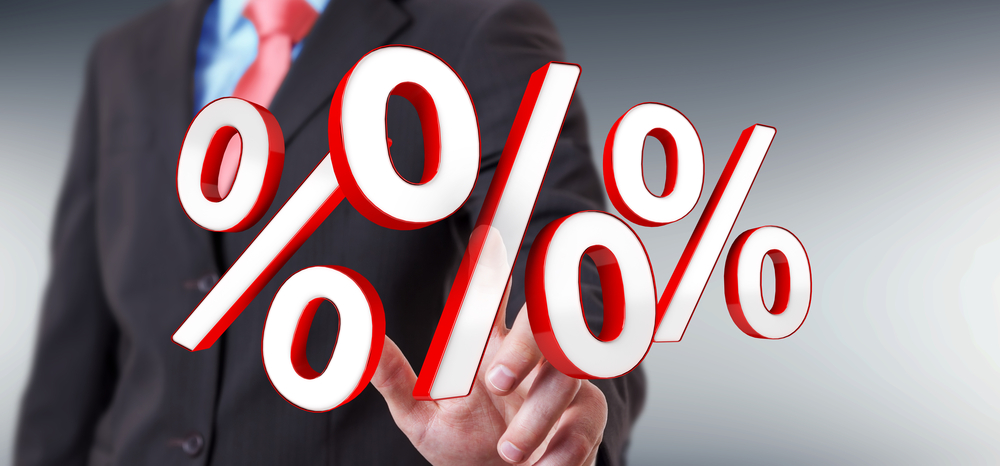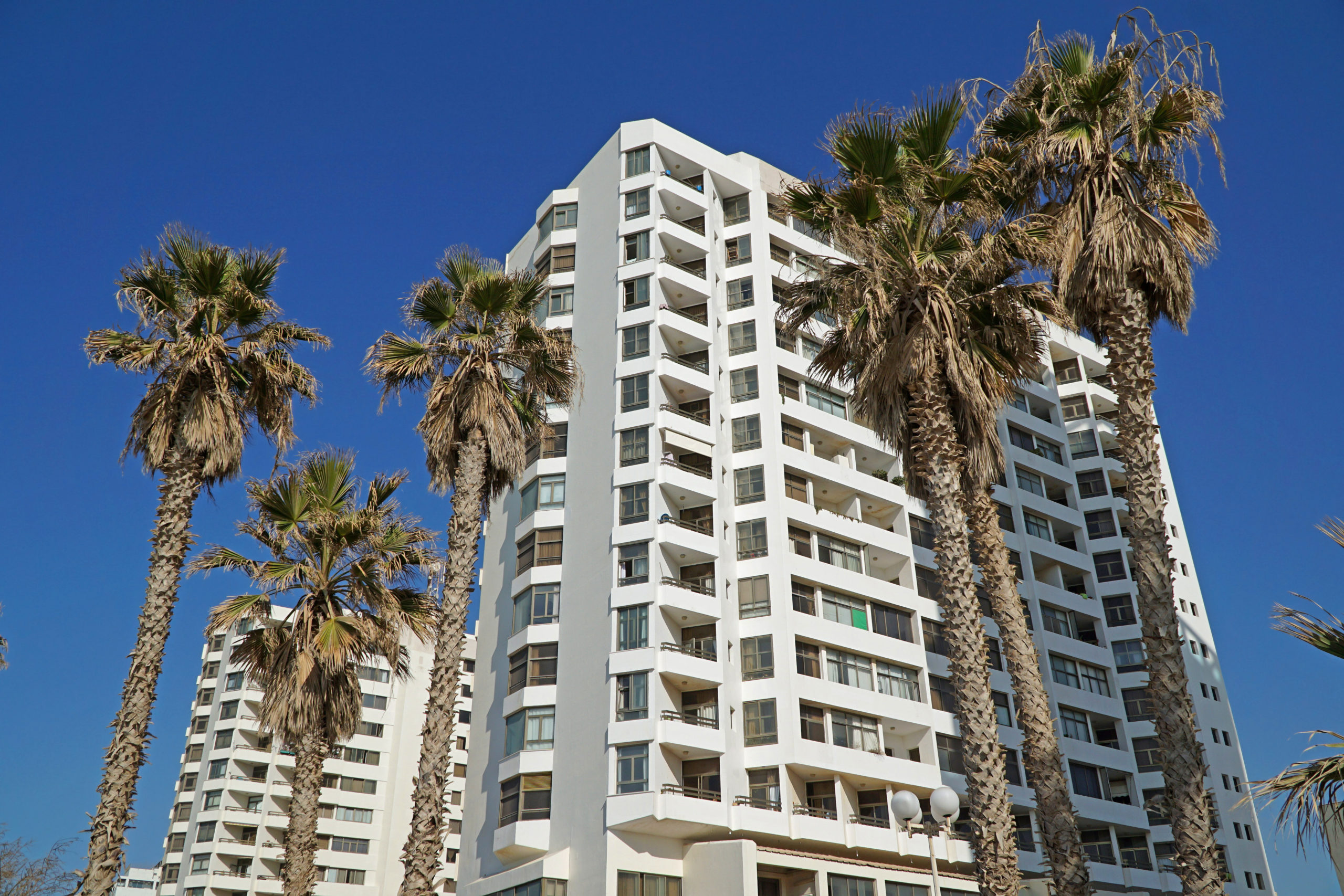
Should Commercial Real Property Tax Continue To Be Capped at 10% Per Year?
Let me take you back to the Florida real estate market in 2008. Do you remember it? The economy and forecast for the local real estate market was dismal. Florida was plagued with both residential and commercial mortgage foreclosures. Today the Florida real estate market is strong, with businesses and the economy thriving.
In 2008, the Florida Constitution was amended by the voters to cap nonresidential real property taxes from increasing no more than 10% from the prior year. This cap is set to expire January 1, 2019.
The November ballot will include Amendment 2. If approved, the property tax assessment cap for commercial property will become permanent in the State of Florida. If rejected, commercial property will no longer be protected by a 10% per year cap of its property tax assessment.
What type of property currently benefits from this cap?
Commercial property impacted by Amendment 2 includes nonhomestead residential properties, such as second homes and rental homes and apartments, as well nonresidential commercial property, including vacant land.
There are triggers that cause the property to be reassessed and therefore, lose the 10% cap. One instance is when there is a change in ownership of the commercial property. Another instance is when property improvements increase the just value of the property by at least 25%. Yet another instance when the property is reassessed is in the event more than 50% of the ownership entity is sold.
What are some concerns with Amendment 2?
Some concerns if Amendment 2 is passed include:
- Landlords may pass on the increase in the tax to residential tenants, including families, thereby impacting the affordability of housing;
- Landlords may pass on the increase in the tax to commercial tenants, including small business owners, thereby impacting business owners ability to maintain employees and continue the business;
- The local economy may be negatively impacted as a result of less spendable income by families due to rent increases and businesses having to increase the cost of goods and services;
- Investors may purchase property elsewhere with more favorable property tax laws;
- Property taxes statewide may increase by $700 million for businesses, rental properties and nonhomestead homes and apartments, according to Florida TaxWatch; and,
- Local governments may need to cut services to the community due to shortage in funding.
- We will need to wait for the outcome of the November election to see the impact on the local real estate market.




No Comments
Sorry, the comment form is closed at this time.